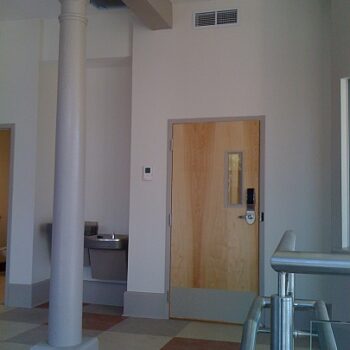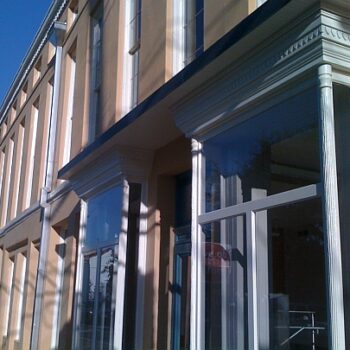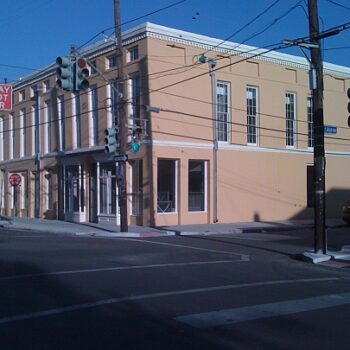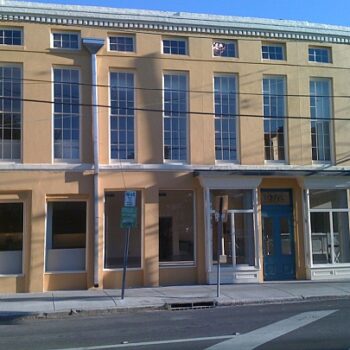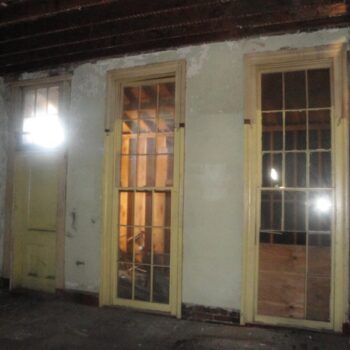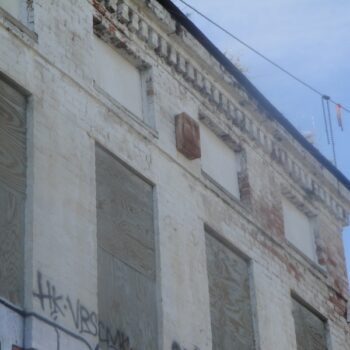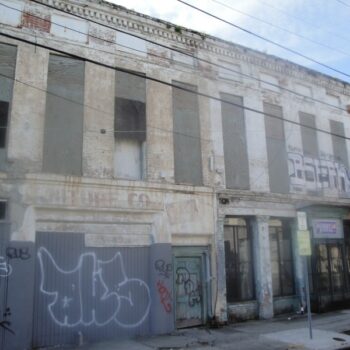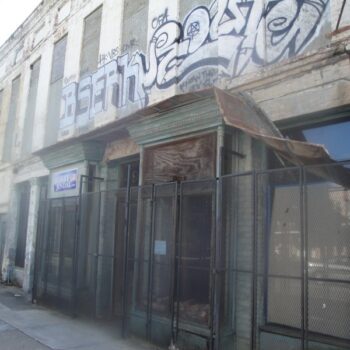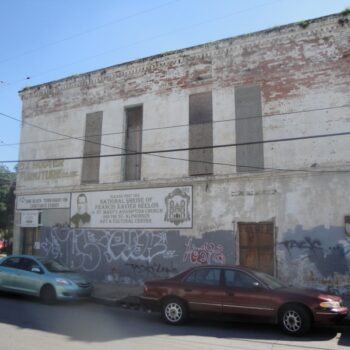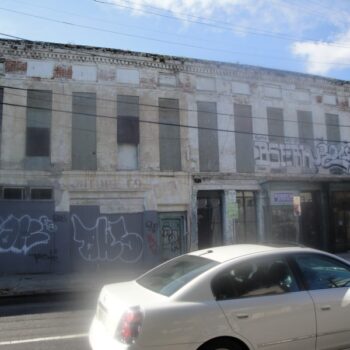Having earned plaudits for its work on behalf of Daughters of Charity to fund two new health clinics, Crescent Growth Capital was approached to assist St. Thomas Community Health Center realize its dream of a new facility.
Founded by two Sisters of Charity and the resident council of the former St. Thomas Housing Project, St. Thomas Community Health Center was established in 1987 to minister to the highly disadvantaged and impoverished residents of the Irish Channel. St. Thomas’ commitment to providing “culturally competent” care to a largely minority population grew to encompass adult primary care and pediatrics, as well as specialites in cardiology, EEN&T, breast and cervical cancer and mental health.
With its staff scattered across the country, St. Thomas was shuttered in the aftermath of Hurricane Katrina. The clinic was ultimately reestablished – thanks in large measure to volunteer support and the generosity of numerous charitable foundations. Soon thereafter it was apparent that the post-Katrina environment actually provided real opportunity for community health clinics like St. Thomas. Metropolitan New Orleans’ former healthcare delivery model for the poor, which had centered on providing care to the uninsured at Charity Hospital, was scrapped in favor of promoting a network of primary care clinics located in the patients’ neighborhoods. The inclusion in healthcare reform of a universal coverage component added impetus to this policy shift, as the eventual emergence of a fully-insured population promises to generate significant additional demand for care.
Crescent Growth Capital was able to help St. Thomas capitalize on this opportunity by structuring and closing a $7.5 million New Markets Tax Credit qualified equity investment to fund the acquisition and adaptive re-use of a long-blighted mid-19th century commercial row. The transaction was extremely complicated. To generate the additional subsidy needed to realize St. Thomas’ new facility, anticipated historic tax credit proceeds and Louisiana State Office of Community Development CDBG dollars were bridged, grants from two charitable foundations were combined with another CDBG allocation from the City of New Orleans, and a loan was secured from the Louisiana Primary Care Association. These disparate funding sources were aggregated, then leveraged through a New Markets Tax Credit structure.
CGC also authored the Historic Preservation Certification Applications (Parts 1, 2 & 3), solicited investor bids and coordinated subsequent legal and regulatory chores, which resulted in over $4.7 million being classified as Qualified Rehabilitation Expenses, generating significant state and federal historic tax credit equity to further subsidize the project.
1936 Magazine St
New Orleans, LA 70130

